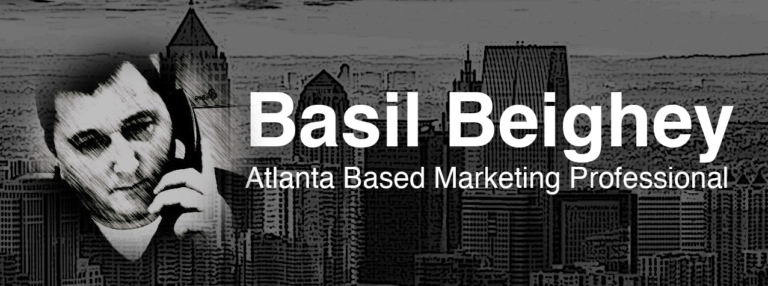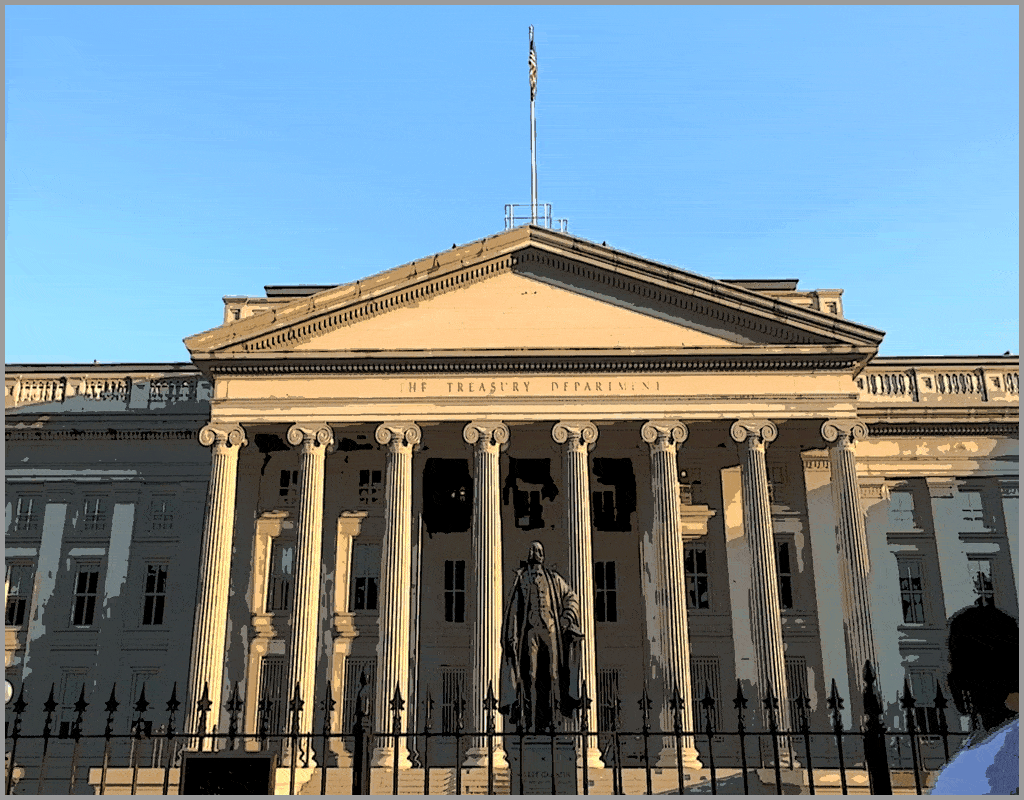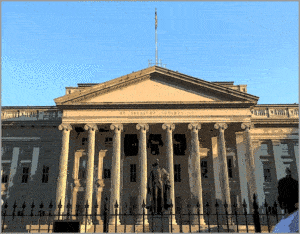Economists come in two breeds. One wants to understand the economy, the other wants to control the economy. The first strives for truth and knowledge, and the second strives to maintain a lofty position in government by helping politicians get elected. The first is called an Austrian (or Classical Economist), and the Second is called a Keynesian. Keynesians are named after British economist John Maynard Keynes. His work serves as the basis for Keynesian economic philosophy. His work came into vogue after the Second World War. At that time, most of the civilized world was “war-weary,” in tremendous disrepair, and ravenous for consumer goods. Demand for everything in the consumer space was extremely high and those countries left untouched by the devastation of war, namely the U.S. and Northern England, were eager to fill that demand. With so much demand in the world, just about any economic policy would have appeared to be successful. As it happened at the time, the progressive-thinking Keynesians had the “ear” of the universities and leading economic advisors of the era. They were quite willing to take credit for the massive economic growth following the war.
Keynesians advocate massive government economic intervention primarily through control of the money supply and deficit spending. They basically believe that they can eliminate or drastically reduce the effects of the “business cycle” (prosperity, recession, depression, recovery), by expanding the money supply during recession and depression, then supposedly, reducing the money supply during periods of prosperity. The tools they use to do this are the Federal Reserve Bank and Treasury Bills.
Theoretically, by artificially lowering the interest rate at the Federal Reserve Bank (FED), they expand the money supply because member banks can borrow cheaper and pass the “savings” on to the ultimate loan holder. This stimulates the demand for loans and presumably consumption. As the thinking goes, this promotes “full employment” because factories and service businesses must “tool up” to meet demand.
By selling Treasury Bills to foreign countries, pension funds, or your grandparents, the government can then spend the borrowed money and directly increase consumption in the hope of promoting “full employment.”
The problem with Keynesian economics is that politicians love to expand the money supply and deficit spend, but they hate to contract the money supply or pay off deficits. Expanding the money supply and deficit spending gives the country the “feeling” of prosperity, especially to those lucky individuals first to get their hands on the freshly printed loot. Contracting the money supply or paying off deficits, causes economic pain via rising interest rates.
The keynesian economic policy also has the perverse effect of discouraging savings and promoting consumption. As your money is worthless, you rush to spend it on something that will hold value. As the money supply expands, interest rates decrease, which offers little incentive for consumers to save and earn insignificant interest earnings.
Soon after the government perversely expands consumption via deficit spending or lower Federal interest rates, consumers realize that the amount of goods (production) hasn’t changed, only the number of dollars chasing goods has changed. With more money in consumers’ hands chasing the same amount of goods in stores, prices soon rise. The effect is inflation – a devaluation of the dollar. Everyone’s money is worthless. Stuff simply costs more of the cheaper dollars. Expanding the money supply is in effect an invisible tax on every consumer. Politicians love invisible taxes because they can’t be directly held accountable. They can always blame greedy speculators, wall street, or “the rich.”
A Keynesian economy soon becomes addicted to ever-increasing “injections” of money in order to avoid a “crash.” It’s akin to a heroin user that feels great immediately after an injection, but eventually suffers a painful withdrawal, unless he gets another “injection.” For this reason, Keynesian economic policy is inherently flawed. When questioned about the effect of Keynesian economic policy “in the long run,” Keynes famously replied, “In the long run, we’re all dead.” Keynes obviously didn’t care much about future generations.
Not surprisingly, Keynesian economic advisors have been favorites of unscrupulous politicians since the 1930s. Today, almost all government economic advisors are Keynesian. They specialize in “advising” those in power on the “art” of “stimulating” the economy to create the illusion of prosperity, usually just before elections. Chief Obama economic advisor, Alan Krueger is one such advisor.
Keynesians are also liberal mainstream media favorites. Robert Reich and Paul Krugman for instance, appear regularly on ABC’s “This Week with George Stephanopoulos.” The media seems to love Keynesians because they advocate massive federal spending on any and every governmental program. Keynesians market this well by claiming to “help” “the poor,” “the sick,” “the underprivileged,” “minorities,” and of course, “the children.” The media conveniently ignores the fact that eventually all this borrowed money must be paid back ironically by “the children.”
Ironically, the “stimulus” effect the expanded money supply is supposed to have is often negated by member banks and large corporations simply borrowing the “cheap” money and then investing it in equity markets, such as stocks or real estate. This has the effect of inflating huge asset price bubbles that eventually pop.
The result of Keynesian medaling in our once “free” market economy is a 25 trillion dollar federal deficit and a dysfunctional central banking system supporting member banks “too big to fail.” The Keynesian promise of full employment is a lie as well. The Obama administration deficit spent over 4 trillion dollars and still unemployment hovered over eight percent. Many now believe the endgame of such policies can only be a total currency collapse and massive hyperinflation.
If the Keynesians are wrong, who is right? – the Austrians. The Austrian school of economics is not popular with politicians because it advocates a “hands-off” or “laissez-faire” stance with regard to banking and the economy. Austrian school economists such as Ludwig von Mises, Murray Rothbard, and F.A. Hayek, advocate free-market private banking, balanced federal budgets, and free-market pricing. Austrians also oppose fractional reserve banking. Unfortunately, you won’t hear many Austrians interviewed on TV or used as political advisors. It seems that almost all mainstream media and politicians believe free markets and free banking have no place in a “free” country.





